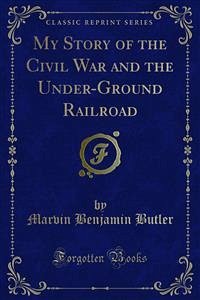Tom Tiddler's Ground, also known as Tom Tidler's Ground or Tommy Tiddler's Ground, is an ancient children's game in which one player, "Tom Tiddler," stands on a heap of stones, gravel, etc. Other players rush onto the heap, crying "Here I am on Tom Tiddler's ground," while Tom tries to capture, or in other versions, expel the invaders. By extension the phrase has come to mean the ground or tenement of a sluggard, or of one easily taken advantage of. The essence of the game lives on in more modern versions as Steal the Bacon and variants of Tag.
In this story, Dickens gives an excellent and spot-on description of a hermit. He shows much empathy and identification with a lonely child (perhaps shades of his own childhood?)- fear escalating, noises magnified.
Hinweis: Dieser Artikel kann nur an eine deutsche Lieferadresse ausgeliefert werden.
In this story, Dickens gives an excellent and spot-on description of a hermit. He shows much empathy and identification with a lonely child (perhaps shades of his own childhood?)- fear escalating, noises magnified.
Hinweis: Dieser Artikel kann nur an eine deutsche Lieferadresse ausgeliefert werden.









